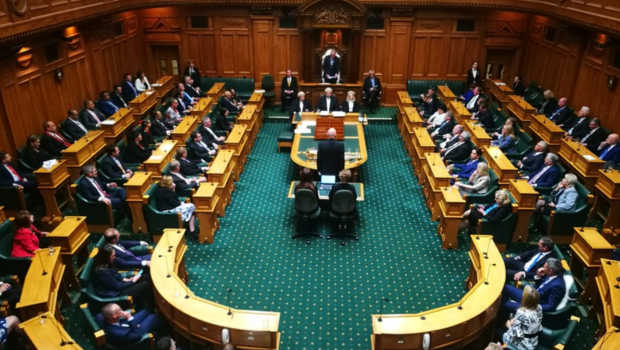The New Zealand Parliament has begun public hearings on the Treaty Principles Bill, an important and controversial piece of legislation that could reshape how the principles of the Treaty of Waitangi are understood and applied in the country’s laws.
The Justice Committee started listening to submissions on Monday, January 27, 2025, as part of the process to gather public input on the bill.
The Treaty of Waitangi, signed in 1840, is New Zealand’s founding document. It represents an agreement between Māori chiefs and the British Crown, establishing a partnership and promising protection of Māori lands and taonga (treasures). Over time, principles have been developed to guide how the Treaty is applied today. The Treaty Principles Bill seeks to define those principles more clearly in legislation.
The proposed bill has sparked widespread debate. Supporters, such as ACT Party leader David Seymour, argue that clearer definitions of the principles are necessary to ensure equality for all New Zealanders. Seymour has expressed concerns that the current interpretation of the Treaty leads to unequal rights, stating, “We need to ensure a free society where all citizens are treated equally under the law.”
On the other side, many Māori leaders and national groups strongly oppose the bill. Critics believe it could weaken Māori rights and ignore the original intentions of the Treaty. Lady Tureiti Moxon, a prominent advocate for Māori, described the bill as an attempt by the government to rewrite the Treaty for its own benefit, saying, “This bill strips away the true meaning of the Treaty in favor of control and power.”
Public interest in the bill has been overwhelming, with over 300,000 written submissions received by the Justice Committee. To ensure everyone is heard, the committee has scheduled 80 hours of oral submissions, where individuals and organizations can share their views directly with lawmakers. The hearings began with passionate arguments on both sides, highlighting the deep divisions in opinion on how the Treaty should be interpreted and applied.
The Justice Committee will carefully consider all submissions before making recommendations to Parliament about whether the bill should proceed, be amended, or be rejected.












